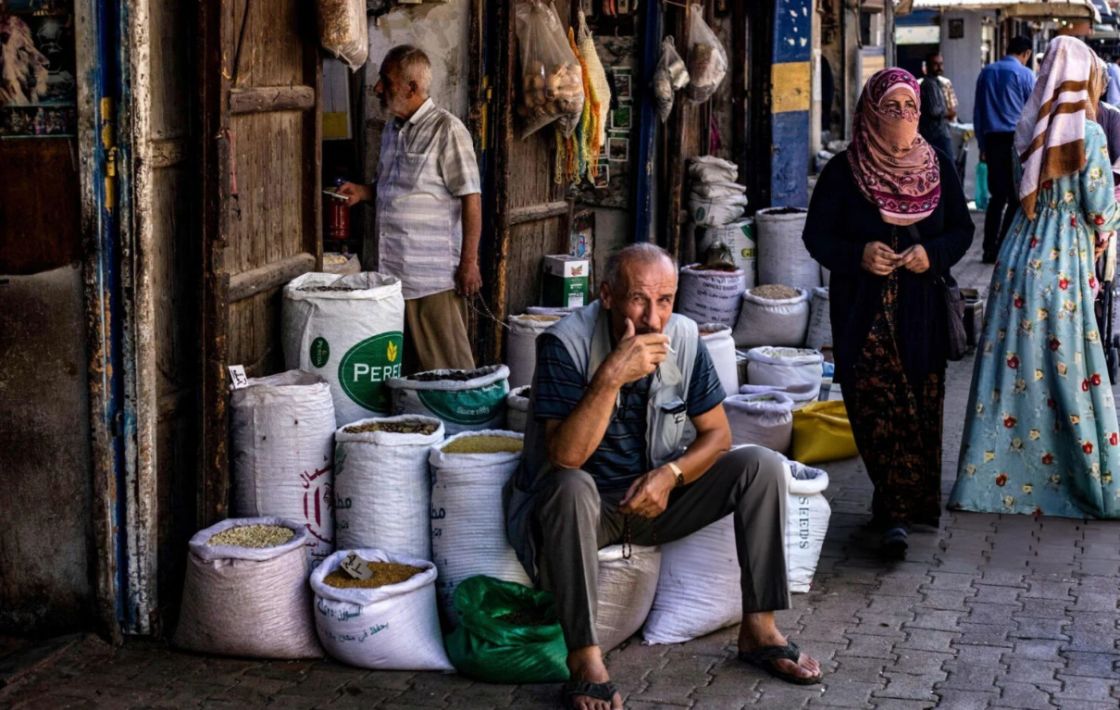- Editorials
- Posted
Kassioun Editorial 1241: Why is 2254 Back to the Forefront Again?
The UN Security Council’s presidential statement on August 10 – along with a series of diplomatic statements by member states – brought back UNSC Resolution 2254 to the spotlight as the roadmap for a political solution in Syria.
The Resolution’s return to focus is not a coincidence, nor is it solely a result of what has happened over the past nine months since the collapse of Assad’s authority. Assad himself collapsed because he refused to implement the Resolution – that is, he rejected a political solution based on broad Syrian participation, leading to the realization of their right to self-determination.
An objective examination of the country’s reality over more than two decades indicates that problems continue to accumulate and deepen, reaching the point of deterioration. These problems include economic, livelihood, security, administrative, and political issues, not to mention the growing foreign interventions and the toxic cultural effects of these accumulated crises, including the rise of sectarian, incitement, and even divisive rhetoric.
Those who previously rejected Resolution 2254, whether from the authority side or from some parts of the opposition, both political and armed, have always had in common the fact that they reject a radical, comprehensive change that would place the Syrian people’s decision in their hands, that is, one that would truly and actually place power and wealth in the hands of the Syrian people. What is also in common among those who rejected it is that their compass has always been the authority, not the people, between those who want to maintain and monopolize it, and those who want it for themselves, also in order to monopolize it. This is regardless of the excuses and arguments that either side has come up with, which attempts are being made to regenerate anew.
If the Resolution calls for negotiations between the “regime” and the “opposition”, it requires one amendment at this point, which calls for dialogue and negotiation leading to consensus among all Syrians, as free and equal, without discrimination based on ethnicity, religion, sect, gender, or anything else. In essence, the resolution remains completely valid as a roadmap for the Syrian people to determine their own destiny through consensus on the new form of the state.
The crucial point in implementing the Resolution is the mechanism for forming the transitional governing body, beginning with agreeing on its definition, then its powers, and finally the persons within it. This is a process that no single side can undertake unilaterally. Rather, it must be conducted on the basis of the broadest consensus among Syrians and their political and social forces, in a manner that ensures the unification of the people and the country and blocks the possibility of partition and foreign interference, which grows with each additional day of delay in initiating a comprehensive and inclusive political solution.
There is no safe way out of the current impasse, with its dangerous potential on all levels, except through a genuine, comprehensive consensus among Syrians. Resolution 2254 is a crucial tool in facilitating this consensus, which will not be complete without a General National Conference, formed through consensus within the transitional governing body, which will serve as a constituent assembly, leading to a permanent constitution and free and fair elections that will be the final point of the transition process.


